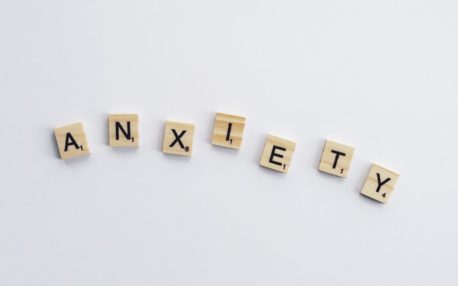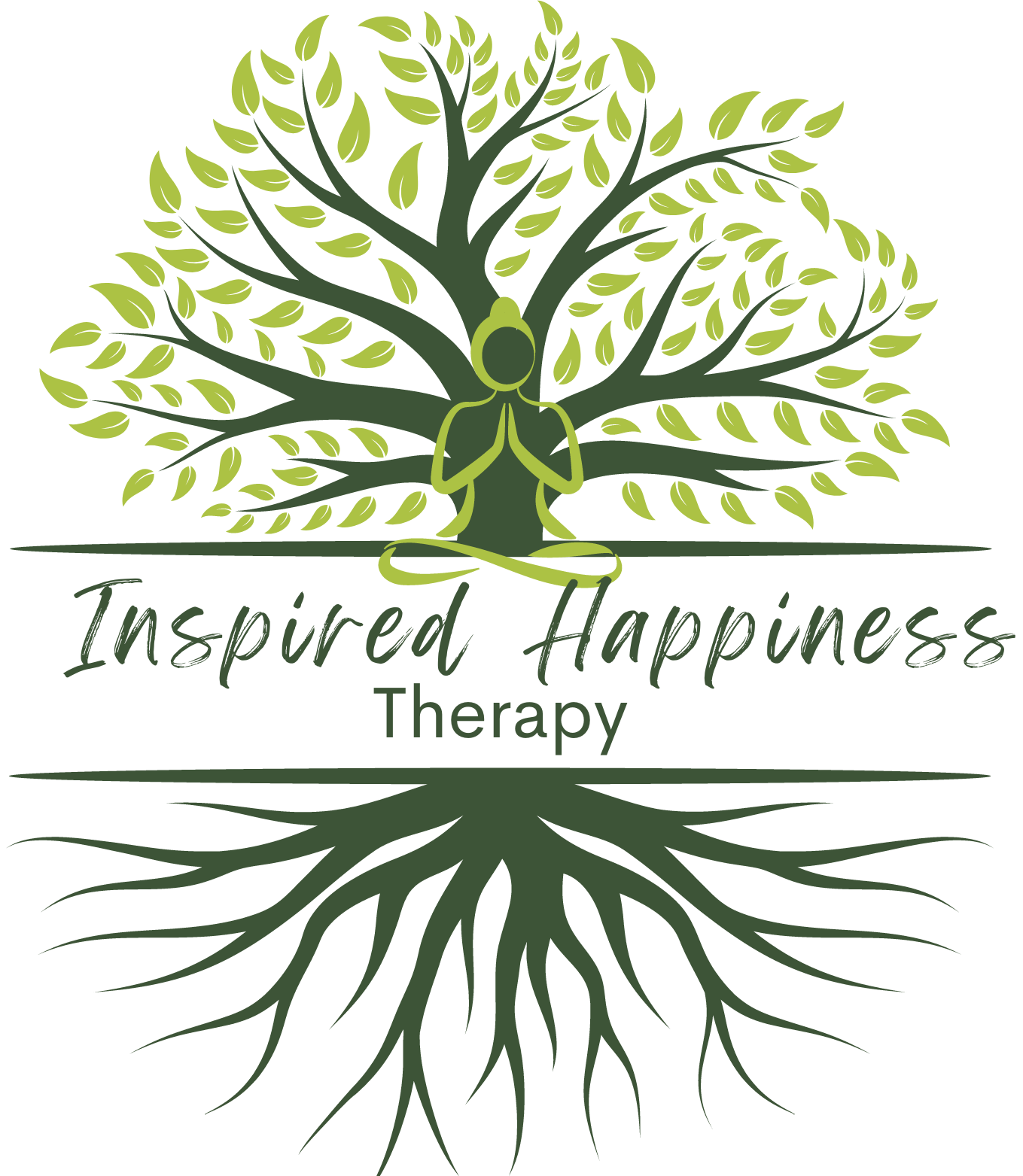Hypervigilance is more than just anxiety
If you are a person with anxiety, this probably sounds familiar to you: You have gone to an unfamiliar place or are with people you don’t know well and your anxiety seems to skyrocket. The sounds in the room seem louder than usual, they are bothering you but no one else seems to notice. Perhaps a clock ticking sounds deafening or a person’s laugh in the next room seems sharper, almost menacing. Your heart starts to pound and you have to get some air. You rush outside and take a few deep breaths as your senses calm. Or perhaps you leave altogether, sending a quick text saying “Sorry, had to leave!”


What is Hypervigilance?
According to WebMD: “Hypervigilance is the elevated state of constantly assessing potential threats around you. It is often the result of a trauma.” Hyper-vigilance is not a diagnosis but a symptom, for example you might be diagnosed with a cold or allergies if you are sneezing. Sneezing would be the symptom not the diagnosis.
Hypervigilance is associated with more than one diagnosis. Because of Mental Health TikTok, Twitter, Instagram, and other social media, people have more information about what they are experiencing than ever before. This is wonderful thing because therapists and mental health influencers help to combat stigma against mental health disorders! However it can also be a bad thing because many conditions share symptoms and this can lead to self-diagnosing. Although hyper vigilance can be a symptom of anxiety, self-diagnosis can lead people and even their therapists to overlook other diagnoses.
Because many of my clients would not consider themselves survivors of trauma, they have called their hypervigilance “anxiety” when in reality it is more complex than that.
Similarities and Differences
Dr. Matthew Tull, co-author of The Dialectical Behavior Therapy Skills Workbook for Anxiety explains: “[Hypervigilance] is a state of extreme alertness that undermines quality of life. If you are hypervigilant, you are always on the lookout for hidden dangers, both real and presumed. Because of this, hypervigilance can leave you exhausted while interfering with interpersonal relationships, work, and your ability to function on a day-to-day basis.”
While hypervigilance may be a symptom of anxiety, generalized anxiety disorder also includes symptoms like:
- Difficulty sleeping (due to trouble falling asleep or staying asleep, restlessness at night, or unsatisfying sleep)
- Edginess or restlessness
- Tiring easily; more fatigued than usual
- Impaired concentration or feeling as though the mind goes blank
- Increased muscle aches or soreness
- Irritability (which may or may not be observable to others)
This is in addition to:
- The presence of excessive anxiety and worry about a variety of topics, events, or activities. Worry occurs more often than not for at least six months and is clearly excessive.
- The worry is experienced as very challenging to control. The worry in both adults and children may easily shift from one topic to another. [Source: DSM-5]
* Please note that the term “overreaction” in this direct quote is intended to convey a reaction that is more intense than one would typically anticipate. I prefer not to use the word “overreaction” because it has been weaponized as a way to gaslight many populations.

“People who are hypervigilant are constantly on guard and prone to overreaction*.” – Dr. Matthew Tull

Am I Hypervigilant?
If you are concerned that your “anxiety” is really hypervigilance, pay attention to your reactions to the people around you and your environment. Do you do any of the following? You:
- Have strong reactions that other people view as overly sensitive or overreaction?
- Notice subtle changes such as a friend or partner’s mood; items being rearranged in your therapist’s office; items at work being slightly out of place.
- Feel overwhelmed or unable to cope if you are asked to make a sudden change that you did not anticipate or have time to plan for.
- Scan your environment for things that do not seem to fit (a man at the gym wearing dress shoes, someone on the phone at the coffee shop that keeps looking at you.)
- Find it difficult to calm down after being upset for some reason. This could be emotional upset, or being startled.
- Avoid people and situations that may cause you to become “anxious” or upset. (For example: not going to an event you would like to attend because it is in an unfamiliar place or because you do not know the other people attending very well.)
- Avoid entire groups of people or places because of perceived danger. i.e. “most/all men are dangerous” or “I don’t go to that restaurant, there was a shooting in the parking lot once.”
What To Do If You Think You Are Experiencing Hypervigilance
If you believe you are experiencing anxiety or hypervigilance, talking to a mental health professional is a good idea. While the internet, whether it is social media or even the blogs of professionals like my self, can be helpful in identifying what you may be experiencing, it cannot replace therapy with a licensed professional. You can find someone in your area by searching on places like Therapy Den, Psychology Today, or even Google. If you are concerned about how to find an affirming therapist, check out my blog post about that!
“After a traumatic experience, the human system of self-preservation seems to go onto permanent alert, as if the danger might return at any moment.” –

Stacey Aldridge, LCSW
Stacey is a therapist in private practice and the owner of Inspired Happiness Therapy and Wellness in Ridgeland, MS. If you are in the state of Mississippi and are interested in seeing Stacey for therapy, please visit the Appointments page.


